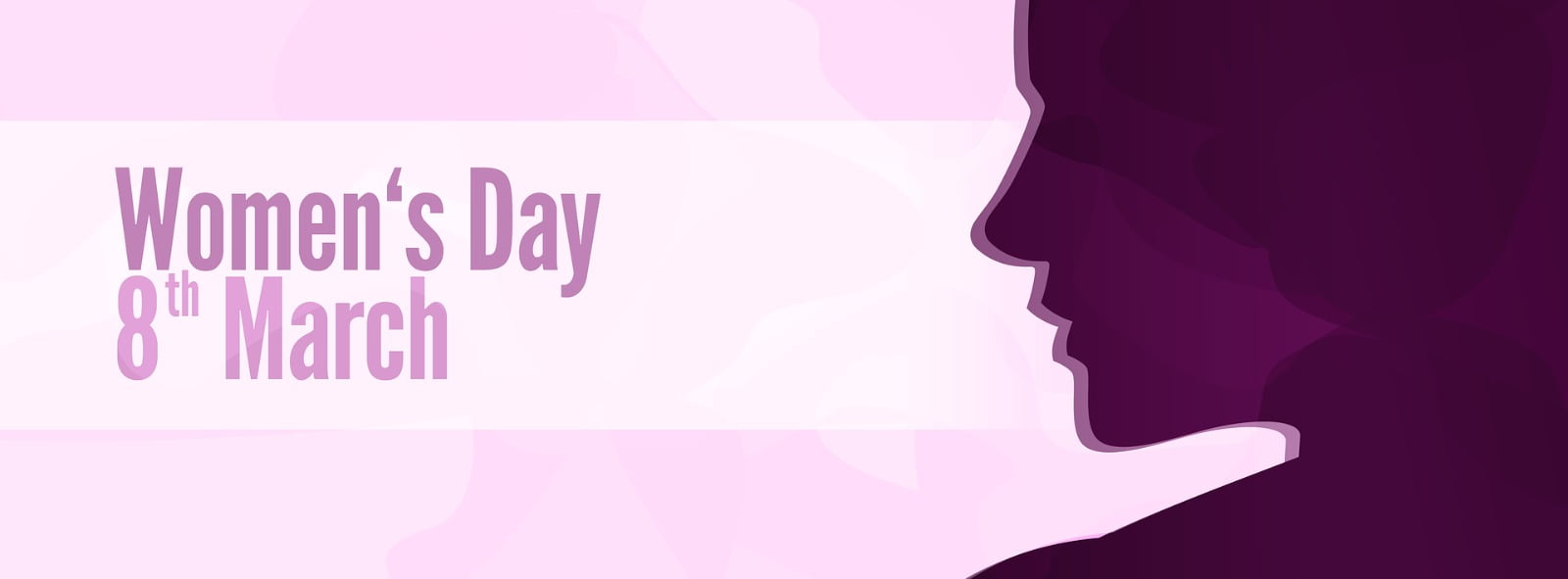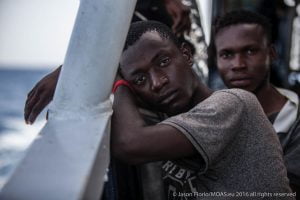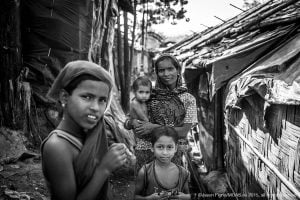
«Violence against women is perhaps the most shameful violation of human rights. It knows no borders or geography, culture or wealth. As long as it continues, we cannot claim to have made real progress towards equality, development and peace».
The words proclaimed by Kofi Annan in 1993 on the occasion of the adoption of the Declaration on the Elimination of Violence against Women by the United Nations General Assembly are still dramatically current.
Despite the important progress made towards women’s emancipation and the acquisition of civil, social and political rights that had been denied until a few decades ago, we are still a long way from achieving the elimination of gender disparities.
Today, in every part of the world, too many women are forced to deal not only with a society that does not guarantee true equality between women and men, but also one in which they are forced to suffer from different forms of violence by men. According to UNIFEM data, one in three women has suffered or suffers from gender-based violence.
From psychological violence to economic harassment, from physical to sexual aggression, up to femicide, men continue to abuse and discriminate women who are forced to suffer painful injuries or at worst, lose their lives.
How can we not mention the cultural and religious violence inherent to the challenges in exercising the right to abortion, or the obligation to undergo practices such as infibulation? Or the mortifications resulting from sexual blackmail for one’s career, the violent assaults and threats that a woman too often receives from her partner or her ex?
A manipulation that knows no end, even when women find the courage not to continue suffering and to report. The blaming of women, inversely related to the multiple justifications for the man who commits violence, is itself a second violence, as well as the verbal violence that demonstrates the hatred and misogyny that runs through social networks and online platforms.
The data, which over the years continues to show a steady increase, and which peaked during the period of the lockdown due to the COVID-19 pandemic, prompted the United Nations to define violence against women as “a worldwide scourge” that affects the homes and workplaces of the richest countries in the world, as well as in the peripheries of war areas, between refugee camps and displaced persons, and on the international human trafficking routes.
According to a UNDOC study on the Gender-related killing of women and girls published in 2018, 87,000 women are killed for gender-related reasons every year worldwide. 58 percent of reported murders of women were committed by a partner, a former partner or family member. And even in Italy almost daily, we witness episodes of violence against women that lead to death, as data from 2019 revealed that about one woman is killed every 3 days in the country. Whilst globally, around 137 women a day lose their lives due to gender-based violence.
And for those who survive, the impact on physical and mental health is so serious that it is defined, according to the WHO report Global and regional estimates of violence against women, “a health problem of enormous global proportions”.
The movements that have been established over the years to make the voices of women heard, the adoption in some national legislations of specific crimes and more severe penalties, and the introduction of the topic in the international debate have constituted a fundamental step to avoid the perpetration of the phenomenon, but it is still too little. The fact that today we must continue to talk about equality between women and men and equal opportunities on the economic, labor and social level represents one of the greatest failures of our time.
It is not possible to ignore the significance of the involvement of men in this important battle and the need to create an educational model aimed at children and young people that, by undermining gender stereotypes, can prevent violence and contribute to the development of an egalitarian society.
On International Women’s Day 2021, I want to express my sincere gratitude to all those who struggle every day for a world free from gender-based violence and to those who, with active actions on the ground, contribute to the change.



